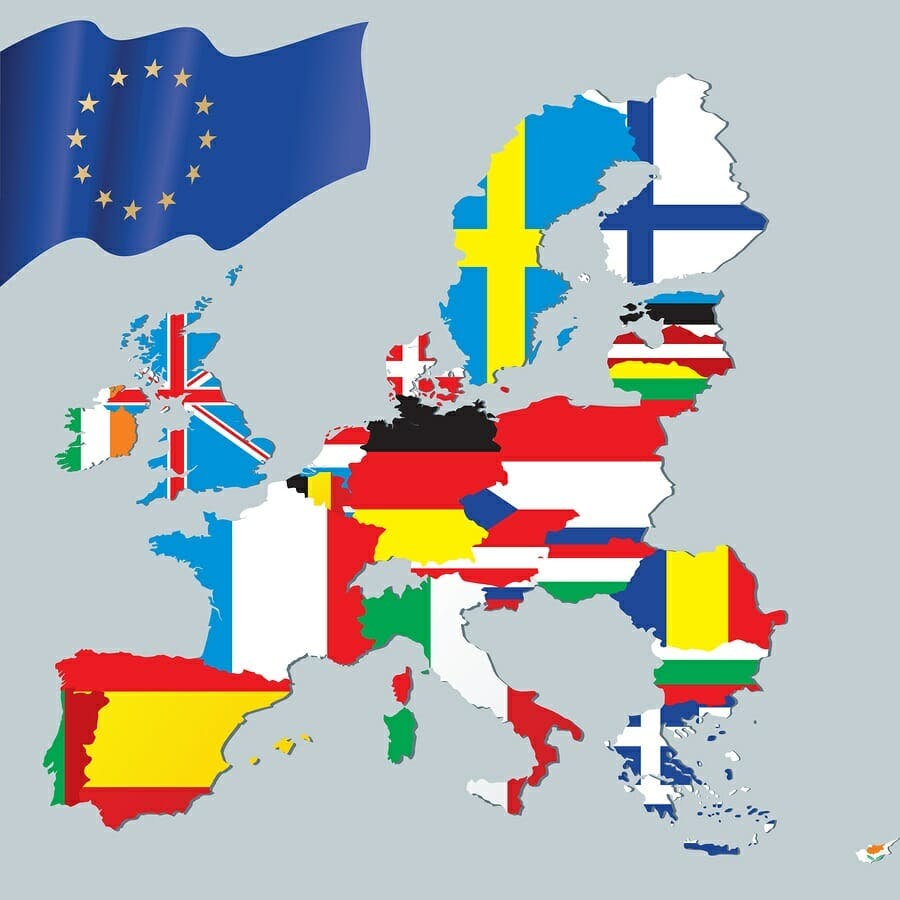European employers have a lot on their minds.
There’s increased concern about the mental health of employees – largely stemming from an aging workforce, rapidly evolving technology and continuing pressure to do more with less.
There’s a bevy of workplace equality issues, from equal pay to workplace harassment, driven by new regulations and mounting public pressure.
And there’s the looming exit of the United Kingdom from the European Union, which has created headaches for many companies amid a continued fog of uncertainty.
Those three issues were top of mind for the 572 in-house counsel and human resources professionals across Europe that participated in Littler’s 2nd Annual European Employer Survey. While the survey report covers a range of other pressing issues impacting European companies – including data privacy, the advent of new technologies, and monitoring employee working time – the three issues above are taking center stage as the decade draws to a close.
Mental health’s #MeToo moment
The vast majority of survey respondents (87%) said their organizations are acting to address and support employees’ mental health. The steps they are taking with regard to mental illness in the workplace include providing adequate time off and sick leave (41%), limiting work hours and off-the-clock work (38%) and encouraging a culture that supports open communication between employees and management (35%).
Of course, the presence of mental illness in the workplace isn’t new. According to the World Health Organization, estimates going back almost two decades show that 20% of the EU working population has some type of mental health problem at any given time. But at least part of what is spurring the change is the fact that workers feel more comfortable speaking out. In that way, workplace mental health is having its “#MeToo movement” as it is increasingly recognized as a serious concern. Employers are also motivated to address this issue to reduce workforce stress, improve productivity and retain talent.
More than a quarter of respondents (28%) said they have successfully reintegrated employees affected by mental health issues back into their workforces; just 6% said they have been unsuccessful. But it’s not all good news, as 38% weren’t sure if their organizations were effective at reintegrating workers and 29% said they have not done so – signs that there’s likely room for improvement.
Movement on equal pay, harassment
Compared with Littler’s first European survey in 2018, employers are increasingly moving to address equal pay. As far as the actions they’re taking, the biggest gain was in the area of providing female and diverse employees more training and opportunities for advancement (up 12 percentage points to 33% this year). Improving wage transparency jumped 9 percentage points to 30% and modifying compensation policies was up 7 points to 32%.
What is driving these changes? One factor is the proliferation of laws in European countries requiring gender pay gap audits. But employers are going beyond what is required by law, likely due to worries that pay inequities could negatively impact company reputations, employee satisfaction and the ability to attract talent.
Also compared with 2018, European employers are moving more aggressively to address workplace sexual harassment by updating HR policies, more proactively addressing complaints and misconduct, and strengthening investigative procedures. Furthermore, a fair percentage of respondents support European governments taking action in this area, including requiring companies to designate a point of contact for workers to bring allegations (42%) and supporting mandatory reporting on the state of gender equality (35%).
Regarding harassment, companies are acting less as a result of regulatory action and more to create a positive work environment and reduce legal liability.
Brexit looms
As it has since its initial vote in 2016, the upcoming exit of the UK from the EU – and the various shapes it might take – looms over European employers. But despite a lack of clarity on how, when or even if the world’s fifth-largest economy might leave the EU – far more likely now in light of the recent UK election — a surprising portion of respondents feel prepared. 48% said they were somewhat or very prepared for the employment-related impacts of Brexit. Just 12% said they are unprepared or somewhat unprepared and the remaining 40% were neutral. UK respondents expressed the highest degree of preparedness; 67% said they feel very or somewhat prepared.
The respondents were surveyed in late summer 2019, before the general election in the UK that decided the fate of Brexit. But their confidence seems to relate to steps they had already taken, such as moving their headquarters out of the UK, opening offices on the Continent and identifying employees possibly affected in order to plan for work permits or replacements.
Respondents’ optimism also appears rooted in what they think could happen after Brexit, notably the enactment of a skills-based immigration system. Nearly two-thirds of UK-based respondents (59%) said that such a system would enable the nation to remain a global hub for skilled workers, while only 8% expressed skepticism. Given how crucial having a pool of qualified workers is to UK employers, it’s not surprising they are heavily focused on a post-Brexit skills-based immigration system.
As the effects of Brexit, along with concerns around employee mental health and equality, continue to impact European workplaces, it’s clear that employers will continue to have a tricky terrain to navigate in the year ahead.
Download the Littler’s 2019 European Employer Survey Report and the survey infographic here.
